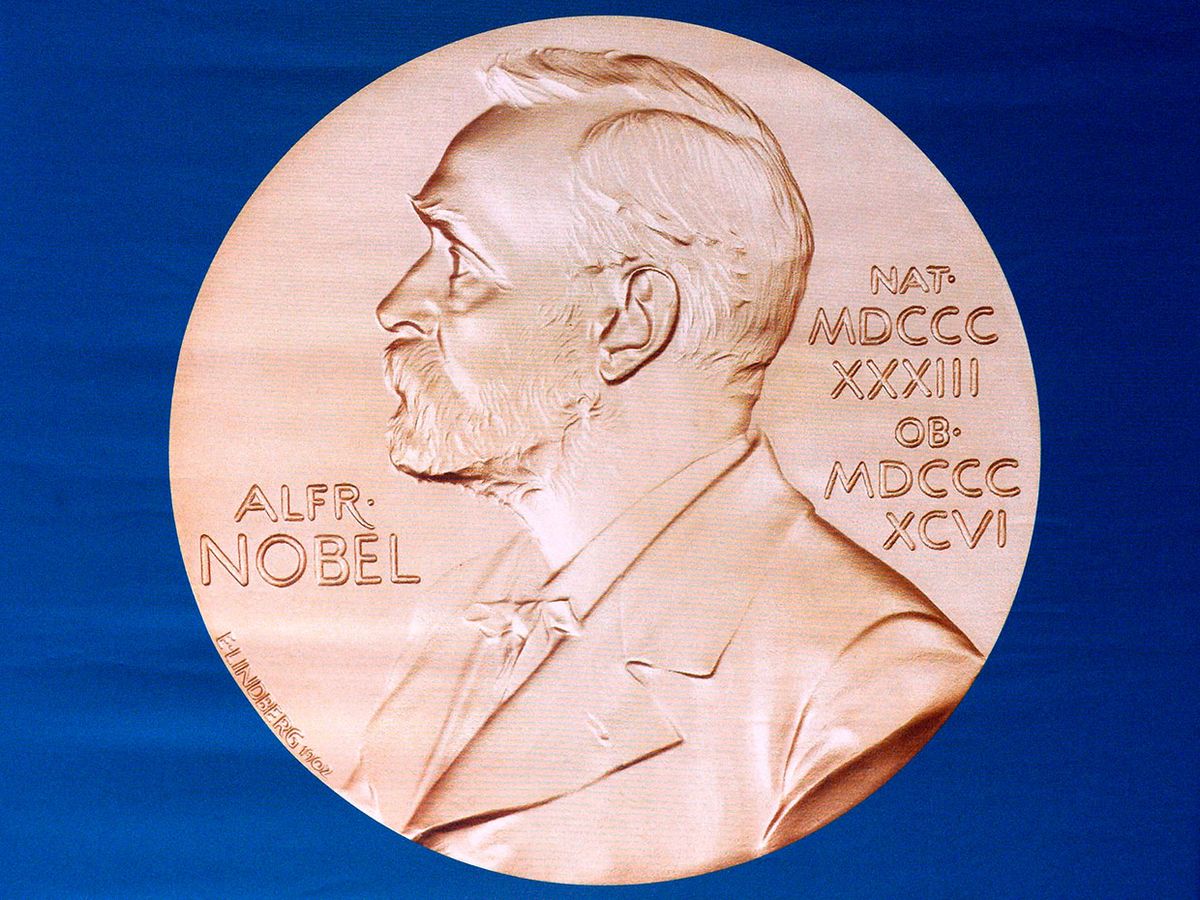THE INSTITUTEWhenever I hear the news of new Noble Prize winners in physics, it reminds me of the great things they have contributed to the world. I am sure no one doubts the prestige of the Nobel Prize, but if one examines the categories considered by the awards committee, there are none for computer science or electrical engineering. Physics is as close as it gets to electrical engineering—which is the category Life Fellow Charles Kao received the 2009 Nobel Prize in for pioneering contributions to optical communications.
In the field of computer science, the top-regarded award is the A.M. Turing Award, given by the Association for Computing Machinery. Named after Alan Turing, a Cambridge University graduate and father of computer science, it is commonly referred to as the “Nobel Prize of Computer Science.”
That makes me ponder whether there should be an equivalent prize for electrical engineering.
CURRENT AWARDS FOR ENGINEERS
The two largest electrical engineering societies in the world are IEEE and the IET, which is based in the United Kingdom.
IEEE’s top award is the Medal of Honor, first bestowed in 1912.
This year’s recipient was IEEE Life Fellow Kurt E. Petersen, who is receiving the medal "for contributions to and leadership in the development and commercialization of innovative technologies in the field of MEMS." Another IEEE Medal of Honor recipient is Life Fellow Andrew Viterbi. He received it in 2010 for his seminal contributions to communications technology and theory.
IET’s top award is the Faraday Medal, which was first given in 1922. It was named after Michael Faraday, a British scientist who contributed to the study of electromagnetism and electrochemistry. Last year the medal was awarded to IEEE Fellow Bjarne Stroustrup, the inventor of C++.
Neither organization has promoted its top medal as the “Nobel Prize for Electrical Engineering.” Is there a reason why they have not? Coining the term can serve to inspire engineers to do their best and achieve excellence. Hence, isn’t it time for IET, IEEE, or both to do so?
The Franklin Institute also awards medals for engineering. The Franklin Medal for Electrical Engineering was first awarded in 2001. The list of Franklin Institute laureates includes Thomas Edison, Stephen Hawking, and Nikola Tesla.
If we look at national academies around the world, there is the Queen Elizabeth Prize for Engineering, managed by the U.K. Royal Academy of Engineering. The award is open to all fields of engineering, however, and is not limited to electrical engineering. In fact, academies around the world cover the broader discipline of engineering; their awards are not specific to electrical engineering.
PAVING THE WAY
If one traces the awards of electrical engineering’s forefathers, one would see that J.J. Thomson, who is credited with the discovery and identification of the electron and the first subatomic particle, received a Franklin Institute medal in 1922. John Ambrose Fleming, who invented the first thermionic valve or vacuum tube, received the Institute of Radio Engineers Medal of Honor in 1933 and the Franklin Medal in 1935.
The IRE, founded in 1912, merged in 1963 with the American Institute of Electrical Engineers (AIEE) to form IEEE. The IRE Medal of Honor was renamed the IEEE Medal of Honor and has always been the top medal given by the organization.
The criteria for the IEEE Medal of Honor include substantial significance of achievement, originality, impact on society, impact on the profession, publications, and patents relating to the achievement. The Faraday Medal is regarded as the top IET medal and is awarded for notable scientific or industrial achievement in engineering. Winners of the IEEE Medal of Honor and IET Faraday Medal include several Nobel Prize winners.
Shouldn’t we consider the IEEE Medal of Honor and IET Faraday Medal as the equivalent of Nobel Prizes for electrical engineering?
IEEE Fellow Chai K. Toh is an honor chair professor of electrical engineering and computer science at National Tsing Hua University, in Hsinchu, Taiwan.
This article was corrected from an earlier version.
IEEE Fellow Chai K. Toh is an honor chair professor of electrical engineering and computer science at National Tsing Hua University, in Hsinchu, Taiwan.



